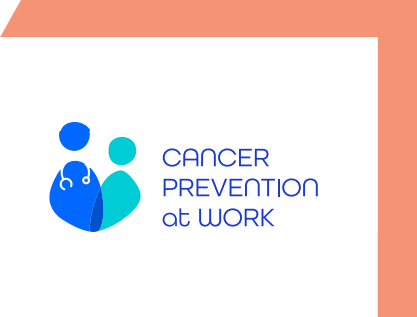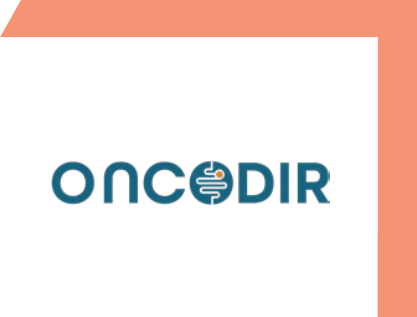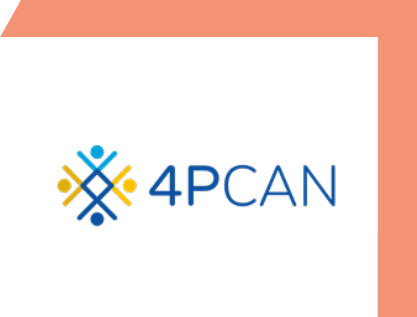
Introduction
In Europe, cancer is responsible for 1.3 million deaths each year and up to 50% of cases are considered preventable. Through its Mission Cancer programme, the European Union is funding six innovative projects in the field of prevention and early detection. They all share a common goal: to improve cancer screening and save millions of lives.
United under the Prevention and Early Detection Cluster, these projects join forces to strengthen Europe’s collective capacity for cancer prevention and early detection:
Introduction

CO-CAPTAIN
Co-CAPTAIN project aims to address disparities in care for people with mental illness in Europe through innovative solutions such as the Patient Navigation Model. This approach focuses on patient empowerment, removing systemic barriers and ensuring access to primary prevention services. With the collaboration of experts and local governments, the project uses scientific approaches to reduce the burden of cancer and improve the overall health of people with mental health problems, reducing costs in health and social care systems in Europe. In addition, it aims to integrate integrated cancer care pathways and provide policy recommendations at European level.
Visit our website

AT WORK
The Cancer Prevention at Work (CPW) project researches the cost-e ectiveness and social acceptance of incorporating prevention of cancers associated with Helicobacter pylori, Hepatitis C virus and Human Papillomavirus into ongoing primary occupational health surveillance programmes. The project involves workers and their families, policymakers, occupational health organizations, health authorities, companies and workers’ representatives, and cancer and patient organisations, among others, to identify the best strategies to increase the adherence of the population of workers in screening programs of infection-related cancers.
Visit our website

ONCODIR
The research project ONCODIR will identify risk factors associated with colorectal cancer and will integrate multidisciplinary research methods and technologies (including health policy analytics, artificial intelligence and decision support theories) to deliver evidence-based and personalized recommendations on colorectal cancer prevention. ONCODIR is developing a platform based on artificial intelligence and privacy principles. It will provide recommendation services based on input from citizens, clinicians and policy-makers. The project will consider factors such as lifestyle, nutrition and economics.
Visit our website

PREVENT
PREVENT is a collaborative action to improve and upscale primary prevention of cancer by addressing childhood obesity. Through diligent implementation research and a comprehensive approach, this project aims to lay the foundation for a future where healthier lifestyles and brighter tomorrows await every child. The PREVENT project mission is rooted in epidemiological studies that have highlighted a clear link between obesity and increased risks of various types of cancer, including colon, endometrium, postmenopausal breast, and kidney cancer, among others.
Visit our website

4P-CAN
4P-CAN’s mission is to understand barriers, whether legislative, socio-economic, commercial, or behavioural to the widespread adoption of cancer primary prevention measures across Central and Eastern Europe. By understanding barriers to policy implementation and individual adherence to healthy behaviours, 4P-CAN will improve primary prevention activities and reduce inequalities. With the collaboration of 17 organizations from 11 countries, including both EU and non-EU Balkan countries, as well as Western EU countries, 4P-CAN is dedicated to achieving these goals and fostering a healthier future.
Visit our website

The PIECES project aims to adapt and implement existing evidence-based programmes to improve implementation outcomes and by that, improve the reach and effectiveness of primary prevention programmes in real-world settings. It will address a wide range of risk factors and focus on the specific behaviour change mechanisms that promote healthy behaviours associated with a reduction of cancer incidence among the European Union (EU) population and beyond.
Visit our website






